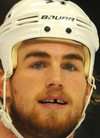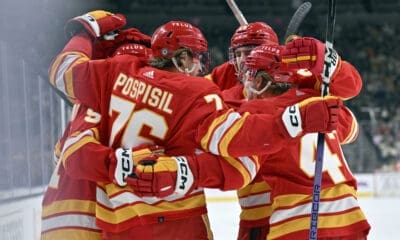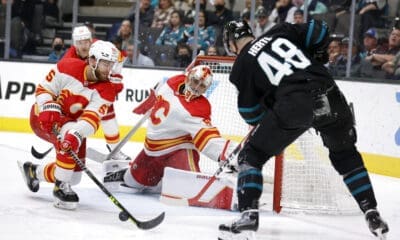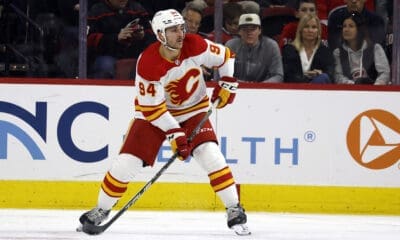Calgary Flames
Player Profile: Ryan O’Reilly
So the Flames have signed disgruntled Avalanche centre Ryan O'Reilly, who had been playing with Metallurg Magnitigorsk in the KHL, to an offer sheet. What's so special about this guy anyway, and what is he going to cost the Flames?
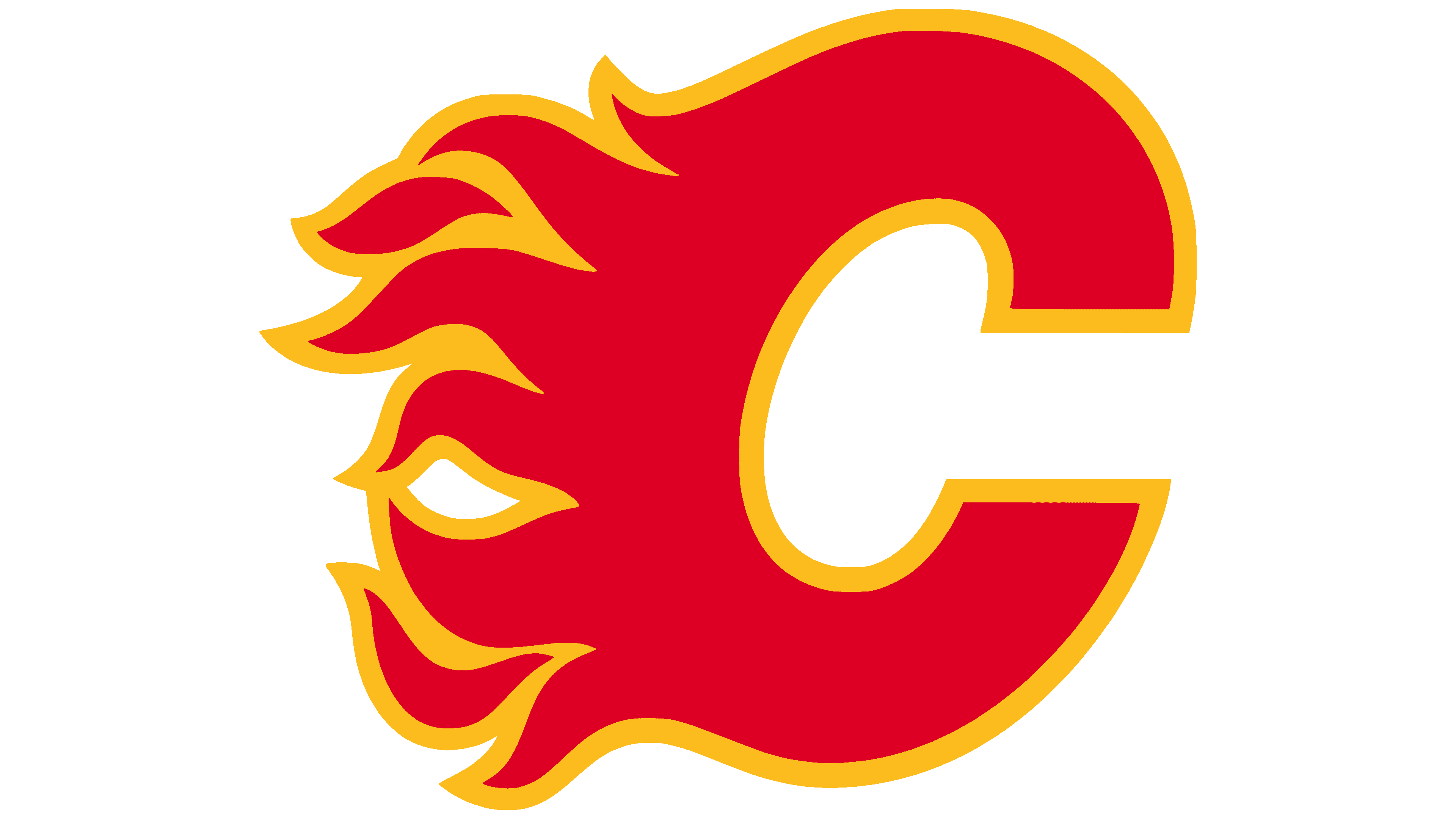
Ryan O'Reilly was drafted in the second round, 33rd overall by the Colorado Avalanche in 2009, and in Jay Feaster's eyes, he's number one.
The Flames signed the 22-year-old centre to an offer sheet today, seeking to fill the void down the middle that has plagued the team for years and is currently being felt all the more noticeably with the absence of Mikael Backlund.
O'Reilly played two years of major junior hockey for the Erie Otters, during which he scored 35 goals and 118 points in 129 games before being drafted by the Avs in '09.
O'Reilly made the team out of training camp in his draft year and impressed Avs fans right away with 17 points in his first 24 NHL games, or .71 points per game. He only scored nine more points over the course of the remainder of the season, but it was his play in the faceoff circle, in the defensive zone and on the penalty kill that made a lasting impression early on (from this Mile High Hockey article by Joe Dunman):
O’Reilly has proven his worth not just on the scoreboard, but also in the faceoff circle. Of the four primary draw-takers on the Avalanche (others: Stastny, Galiardi, Duchene), O’Reilly leads with a 54% success rate. The other three all lose more than they win. That success in the circle has been extremely helpful to both his personal stats and Colorado’s early-season success.
At the end of the season, the positive reviews and optimistic look toward the future with regard to O'Reilly continued to be a theme over at MHH (from this article by Dustin Burfiend):
Radar certainly hit a wall offensively after actually leading Matt Duchene in points early in the season. However, where he really shined was in the defensive zone. He ate up time on the pk and wound up being the go to guy for defensive zone faceoffs throughout much of the season
Following his debut as an 18-year-old, O'Reilly put up another solid season with 13 goals and 26 points in 74 games for the Avs in 2010-11, but it wasn't until the year after that that the rest of the league realized what a good young player Colorado had.
O'Reilly scored 18 goals and 55 points in 81 games in 2011-12, and accumulated only 12 PIMS throughout the entire season. At 20-years-old, O'Reilly also became the youngest player in Colorado/Quebec history to play 200 NHL games, and outscored all but three players from his 2009 draft class. Robert Vollman explains why O'Reilly's jump in scoring was not a "fluke," and why he is such a valuable player:
Was O’Reilly riding luck shooting percentages? No, his shooting percentage was actually down last season, from 10.9% to a modest 9.5%. His on-ice shooting percentage was also down, from 7.7% as a rookie to an almost miserable 6.6% these past two seasons.
Was O’Reilly enjoying favorable ice-time? No, he was being used against the toughest opponents, often in the defensive zone, and the only help he got was from a rookie (albeit a uniquely talented one in Gabriel Landeskog).
…
While the percentage of shifts O’Reilly starts in the offensive zone rose from second lowest among the team’s forwards in his two teenage years, his more balanced 50% last year was still sixth lowest. He also went from facing third line competition to being trusted with the second-toughest competition on the team.
In short, not only was O’Reilly the player to whom the team turned when top opponents like the Sedins were on the ice, but he absolutely dominated them possession-wise.
In general, every 76 additional faceoff wins is worth a goal (according to Michael Schuckers’ latest study), or just 41 on special teams. Last year, O’Reilly had 81 extra faceoff wins, of which 21 were on special teams.
There's also the matter of the picks the Flames would have to give up if the Avalanche don't match Calgary's offer, a first and a third round pick in 2013 according to the likes of Darren Dreger. The Flames don't have a second-rounder this year, and if they make the playoffs or finish in the same 9th-11th territory they have been finishing in for the past three years and secure a mid-round pick in the first round, the compensation given up to get O'Reilly becomes very agreeable.
If they were to finish worse than that and get a pick in the top ten or even the top five, or if they give up their first round pick and O'Reilly decides to pull a similar stunt and ditch the Flames in two year's time, well…that'll be a different story.
by Hayley Mutch

